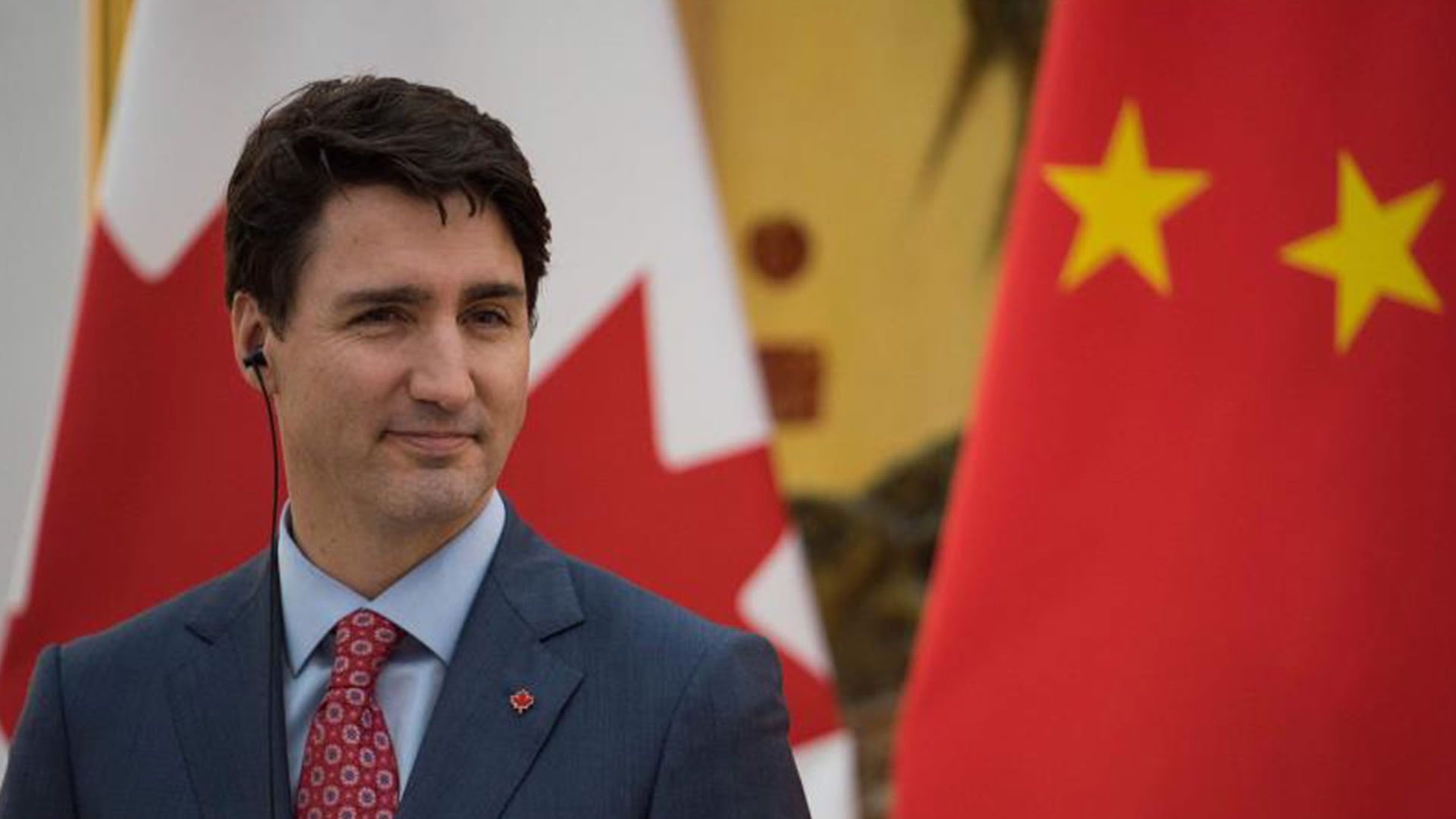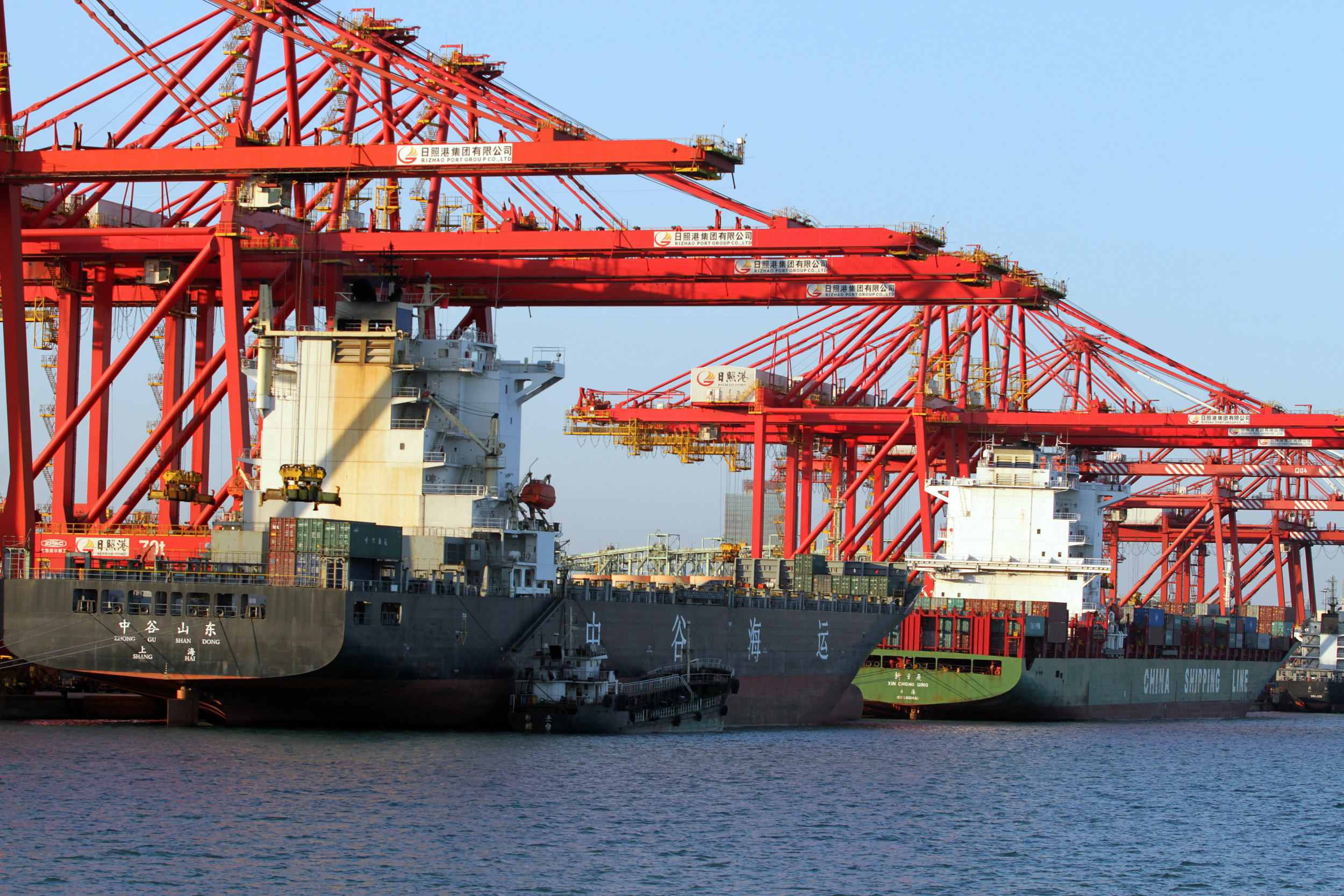
Business
17:01, 06-Dec-2017
China, Canada in talks about formal trade agreement
By Grace Shao

Canadian Prime Minister Justin Trudeau is on his second official visit to China since he took office in 2015. He earlier announced that this time around he would try to focus on building stronger bilateral trade relations that would encourage the countries to do more business with each other.
Last year, six percent of Canada's exports went to China. And with their bilateral trade at 66.4 billion US dollars, China is Canada's second largest trading partner behind the US.
Amidst uncertainty with regards to the renegotiation of the North American Free Trade Agreement (NAFTA), Canada is looking at China to diversify its exports.

VCG Photo
VCG Photo
Both sides look to boost their trade relations. A comprehensive agreement would, of course, bring about many enticing economic benefits for both countries, such as lower tariffs on imported goods. Sarah Kutulakos, Executive Director at the Canada China Business Council (CCBC) adds that, "From the perspective of the Canadian business community, we want more stable and secure access to the Chinese market and act as a resolution for some of the existing regulatory challenges for Canadian companies."
In addition to that, a survey released by the CCBC showed that most Canadian operations in China are performing well, but they're facing increasing competition, rising costs and, at times, ambiguous regulations. They believe a definitive trade agreement between the two countries could remove many of these concerns.

VCG Photo
VCG Photo
Canada is the second largest country by land, but the country only has a population of 36 million. With an abundance supply of natural resources and commodities, Canada has been renowned for exporting its goods abroad, especially its national crop, canola.
In fact, Canada accounts for about three-quarters of all the international canola trade. Canada exports about 2.7 billion Canadian dollars worth of canola to China annually, where it's then processed into cooking oil.
Jim Everson of the Canadian Canola Council believes a trade agreement would benefit both Canadian farmers and Chinese consumers. “We think it’s very important to have a stable business environment for trade,” Everson said.
1km

SITEMAP
Copyright © 2018 CGTN. Beijing ICP prepared NO.16065310-3
Copyright © 2018 CGTN. Beijing ICP prepared NO.16065310-3